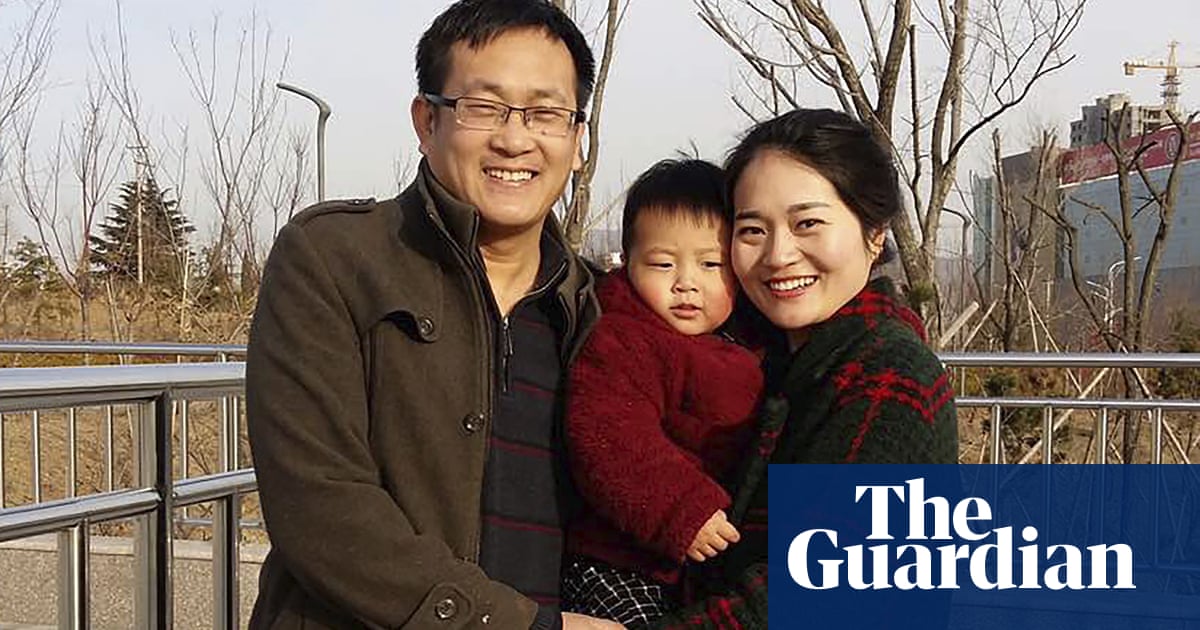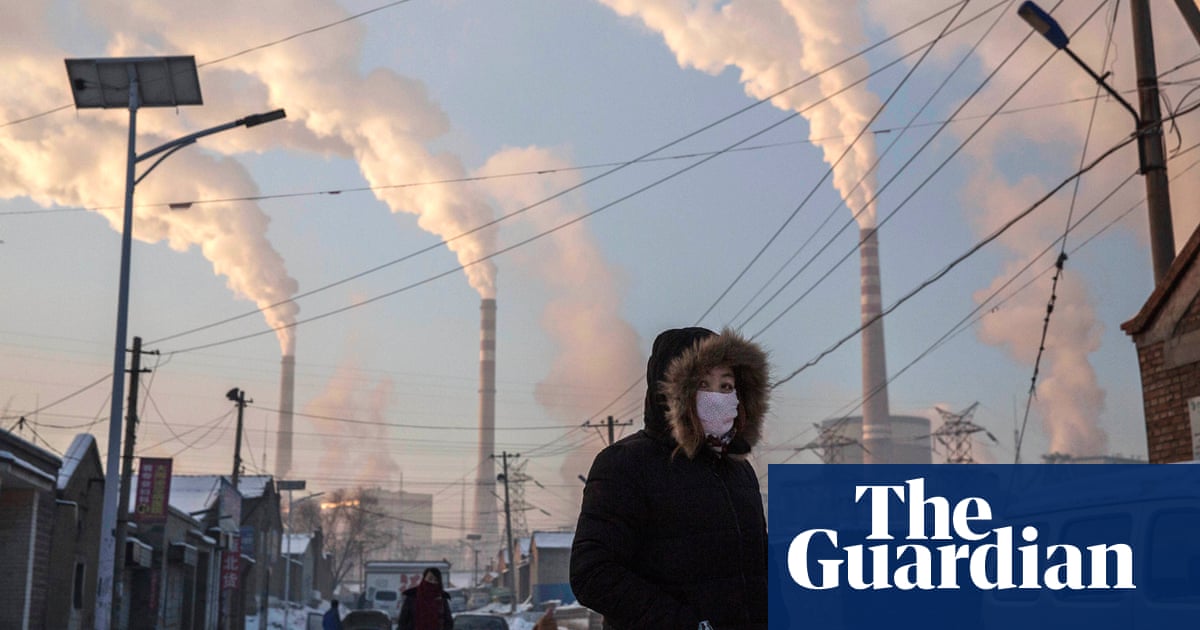
China continues to unlawfully target the families of activists and dissidents, despite a pledge to end the practice of collective punishment, a Chinese human rights group has said in a report.
The persecution, which includes intimidation and harassment, forced evictions, travel bans, criminal proceedings against family members and preventing children from attending school, has affected people across China and the diaspora community for decades, the report by the Chinese Human Rights Defenders (CHRD) group said.
Acts of collective punishment are prohibited in international human rights law.
As recently as 28 December, Chinese authorities vowed to abolish the practice of collective punishment of the family members of convicted criminals. Dissidents and activists are commonly convicted of criminal offences by Chinese courts. The pledge came after Chinese residents lobbied the country’s top lawmaking body, the National People’s Congress (NPC), over notices issued by local authorities imposing education, employment, and social security restrictions on family members of people in jail.
“Following a review, we deemed the notices not consistent with the constitution, nor with laws on education, employment and social insurance, so we urge relevant departments to abolish the documents,” the NPC responded, according to China Daily Hong Kong.
“Criminals should be liable and punished for their own misconduct, meaning that others shouldn’t be implicated in the penalties. It is a basic principle of rule of law in modern society,” the spokesperson said.
CHRD told the Guardian there was no evidence of legislative activity to end collective punishment, and no officials had been held accountable since the announcement. Renee Xia, the director of CHRD, said it appeared to be a state-backed policy. “A new law would hardly help eradicate its selective law enforcement in targeting these defenders,” she said.
The report, released on Monday, focused on acts of alleged collective punishment committed in 2023 and early 2024, with “dozens” of new or ongoing cases that they said showed the practice was continuing.
Among the cases the CHRD noted was that of the jailed activist He Fangmei, whose young children, her lawyers say, disappeared in April after being forcibly held in a psychiatric facility.
He Fangmei and her husband were detained in October 2020, following He’s activism over defective vaccines. He, who was five months pregnant, and her two children then aged five and seven, were put in the Henan Xinxiang Gongji psychiatric hospital. Two months after giving birth He was arrested and sent to a detention centre.
The three children were kept at the hospital, despite efforts by other family members to have them released into their care. Requests by He’s sister to visit them were refused, the report said. The son was later sent to foster care allegedly without family consent, and in January this year an activist group claimed authorities had tricked He’s mother into formally relinquishing a custody claim.
A lawyer for He said the two girls had since disappeared after the hospital decided to stop housing them, and dropped them off with local county officials.
The Guardian was unable to reach the Hui county government, and the psychiatric hospital said it was unable to provide any information on the case.
In a call with journalists last week, Wang Liqin, the wife of the jailed lawyer Wang Zhang, said the authorities had threatened earlier this year to detain her again or to take away her children if she posted about her husband online.
“In the eight years we lived in Beijing, we were subject 11 times to forced relocation,” she said. She was also detained and jailed for two and a half years.
“During my absence, my four children, under the care of my mother-in-law, were constantly harassed and under surveillance.”
The CHRD report also included testimony that in March police had searched the new school of the son of the human rights lawyer Wang Quanzhang who was released from jail in 2020. Wang’s son had been at the school just 10 days after police pressure had allegedly seen him dismissed from his previous ones.
In another case, the father of jailed IT worker Niu Tengyu was taken away by state security police in Shanxi in January. He was later released. Niu was detained in 2019 and sentenced to 14 years in jail over websites publishing information about Xi Jinping’s daughter and other high-ranking officials in 2019. He has allegedly been tortured in jail, according to rights groups.
Separately, Rayhan Asat, a high-profile Uyghur activist, says family calls with her brother, who is detained in Xinjiang, were shortened from the allowed two-minute length if anyone on the call cried.
CHRD called for China to end the practice, introduce legislation banning collective punishment, and to lift all exit bans on affected family members. It also called for the international community and UN to increase pressure on Beijing.












